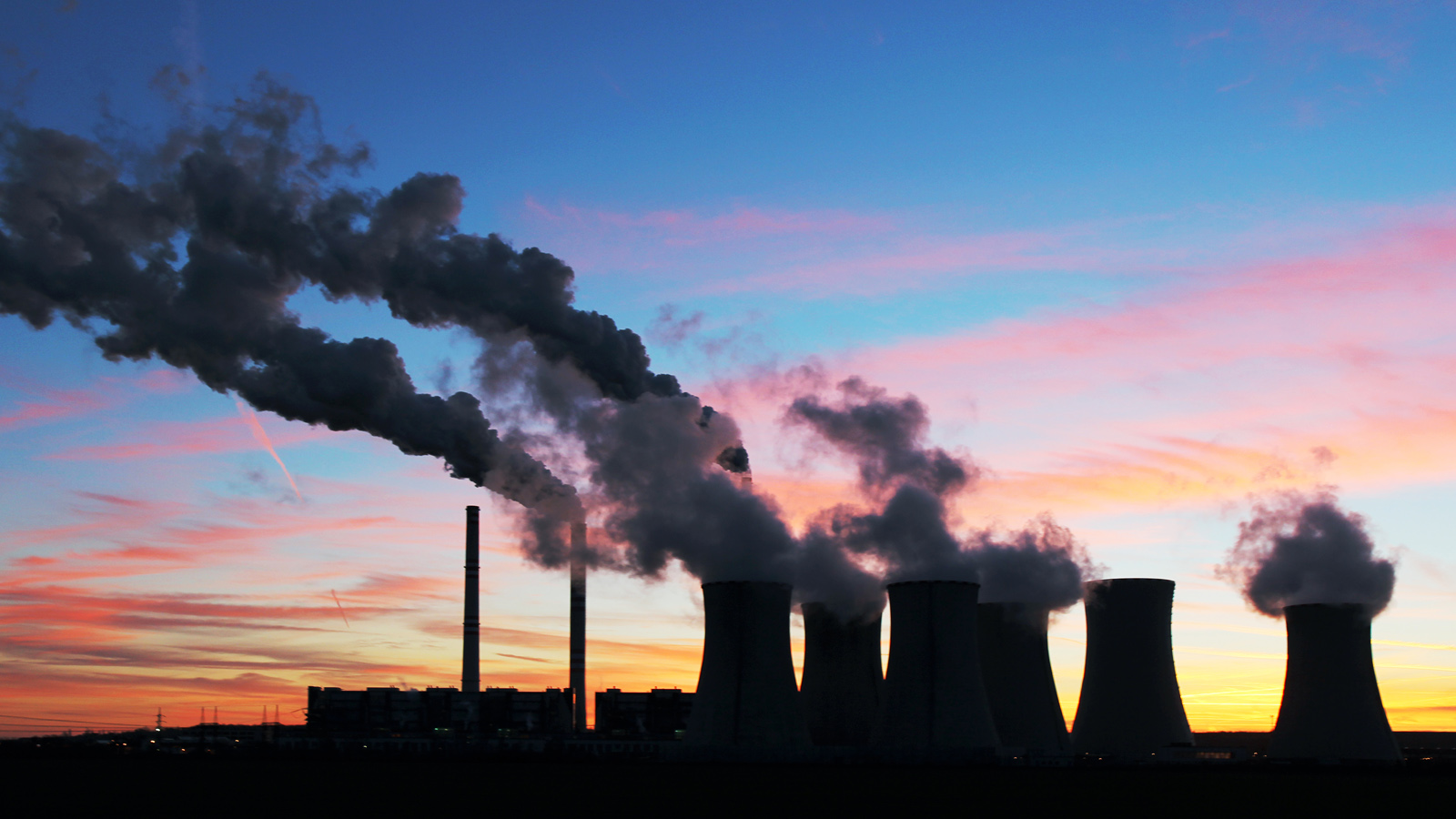They say everything is bigger in Texas, and greenhouse gas emissions are no exception. The Lone Star State pumps out more than any other: upwards of 800 million tons of CO2 equivalent in 2012. That makes Texas a bigger emitter than Canada (or, for that matter, than Mexico, Indonesia, Australia, South Africa, or Saudi Arabia). And if you lump just the top 10 state emitters together, the CO2 released into the atmosphere in 2012 was more than that of India — the fourth largest emitter in the world, next to China, the U.S. as a whole, and the European Union.
At the bottom of the list: Vermont, which doesn’t have a single coal plant. (The state uses mostly nuclear power.) Half of its 6.8 million tons of CO2 equivalent come from transportation. In total emissions terms, this means the state looks closer to Sierra Leone or Togo than it does Tennessee.
But don’t take it from me: The World Resources Institute (WRI) recently launched its CAIT Climate Data Explorer, and breaking down emissions data has never been easier. The chart below lets you see how each state contributes to the U.S. total, and how these contributions vary by sector. Given the Obama administration’s recent announcement of the Clean Power Plan, the Climate Data Explorer offers a valuable, easy-to-use resource for getting a grip on emissions figures and seeing how they stack up against the state-wise emission rate reduction goals. (You can check out our state-wise map of the Clean Power Plan here.)
The WRI data below exclude emissions from land use changes and forestry.
http://goo.gl/n6FYhP
And here’s the CAIT chart for the world, if you’re interested in putting the states in a global context. California’s transportation sector? In terms of total emissions, about the same as the whole of the United Arab Emirates.
http://goo.gl/3DpO0K
Other tools available on the WRI site include a map of international emissions reduction pledges that have been submitted to the U.N. in the run-up to climate negotiations in Paris this December, further tools for visualizing historical emissions, and a climate equity tracker.


